
Aimee Cunningham
Biomedical Writer, Science News
Biomedical writer Aimee Cunningham is on her second tour at Science News. From 2005 to 2007, she covered chemistry, environmental science, biology and materials science for Science News. Between stints Aimee was a freelance writer for outlets such as NPR and Scientific American Mind. She has a degree in English from the University of Michigan and a master’s degree in science journalism from New York University. She received the 2019 Award for Excellence in Science and Medical Journalism from the Endocrine Society for the article "Hormone replacement makes sense for some menopausal women."

All Stories by Aimee Cunningham
-
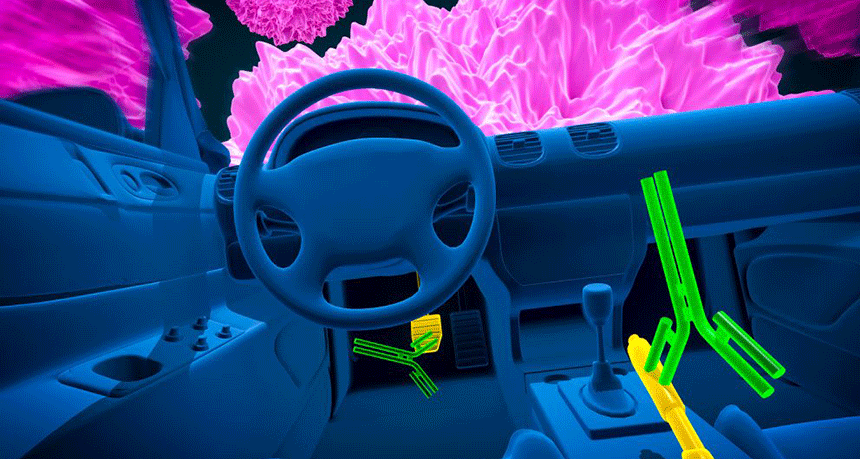 Health & Medicine
Health & MedicineImmune targeting of cancers wins two a 2018 Nobel Prize
Doctors used to target cancers with a scalpel, toxic chemicals and radiation. Two scientists just won a Nobel Prize for coming up with a fourth tactic: turning on the immune system.
-
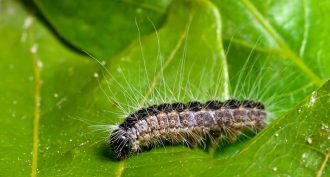 Animals
AnimalsThese caterpillars are scaring the city of London
The fluffy-haired larvae of the oak processionary moth have a curious behavior, moving in neat, little lines. But the caterpillars pose threats to trees and human health.
-
 Climate
ClimateHurricane Maria’s Puerto Rican death toll skyrockets 72-fold
The death toll had been just 64 — and then scientists launched household surveys. Those showed the “official” toll was off by more than 4,500.
-
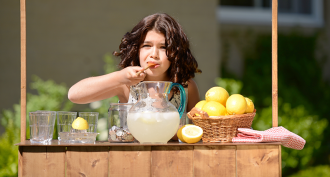 Plants
PlantsOuch! Lemons and other plants can cause a special sunburn
These are among a host of plants (many found in the refrigerator vegetable drawer) that produce chemicals that will kill skin cells when activated by sunlight. The result can be a serious, localized sunburn — sometimes with blistering.
-
 Health & Medicine
Health & MedicineScientists discover how norovirus hijacks the gut
Noroviruses make people vomit, but scientists didn’t actually know why. It now turns out that those viruses cause their misery by attacking special “tuft” cells in the gut.
-
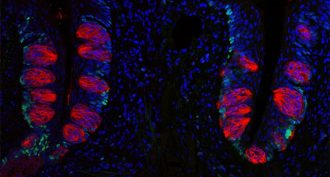 Health & Medicine
Health & MedicineObesity makes taste buds disappear — in mice, anyway
Mice that gained excessive weight on a high-fat diet also lost one in four taste buds.
-
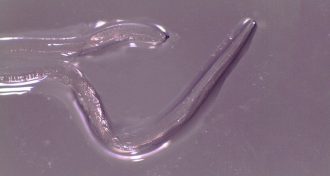 Health & Medicine
Health & MedicineWoman’s eye hosts more than a dozen cattle eyeworms
Oregon woman is the first human known to become infected with a cattle eyeworm known as Thelazia gulosa.
-
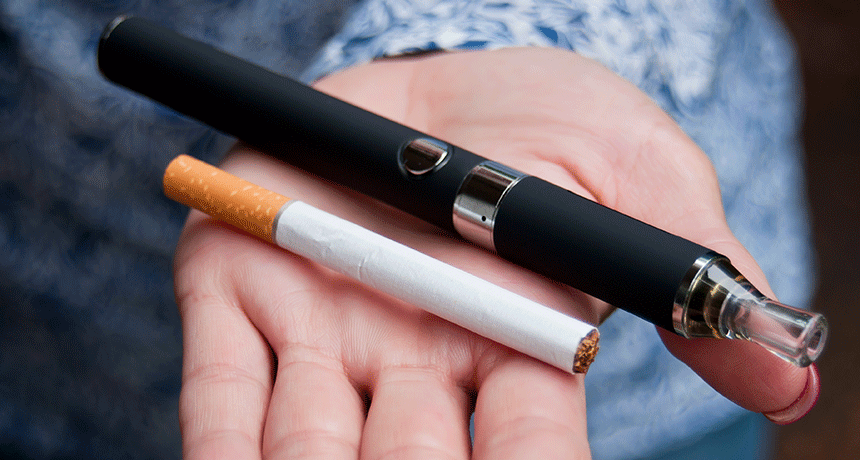 Health & Medicine
Health & MedicineHigh-nicotine e-cigs up chance teen will become a smoker
New study links vaping high levels of nicotine to greater likelihood teens will vape — and smoke — six months later.
-
 Brain
BrainUnderstanding body clocks brings three a Nobel Prize
Three American men will share this year’s Nobel prize for physiology or medicine. The award recognizes their contributions to understanding the workings of the body’s biological clock.
-
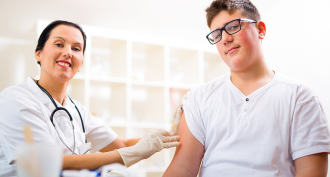 Genetics
GeneticsGenes may predict how well the flu vaccine will work in young people
The activity of nine genes predicted how well people 35 and under would respond to the flu vaccine.
-
 Brain
BrainMany U.S. football players had brain disease, data show
The brains of more than 200 former football players were donated to science upon their deaths. Signs of severe brain trauma showed up in the vast majority.
-
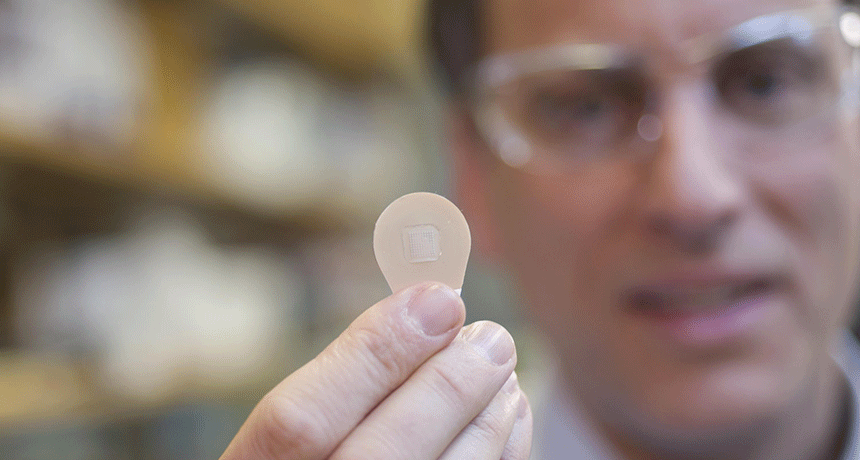 Health & Medicine
Health & MedicineGetting a flu ‘shot’ could become as easy as sticking on a bandage
A new skin patch delivers a flu vaccine painlessly through dissolving microneedles. Such an easy-to-store and easy-to-use technology may help boost vaccination rates.